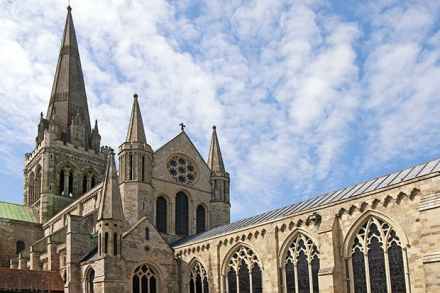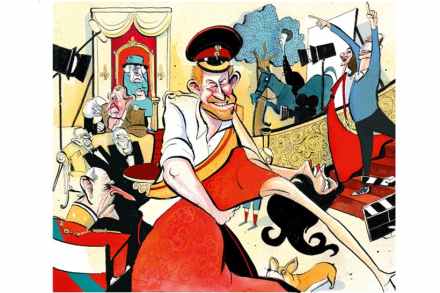Justin Welby has shown why his church is in such trouble
Sorry to sound sectarian, but the Archbishop of Canterbury should really be able to articulate a preference for Anglicanism over other variants of Christianity, including Roman Catholicism. Interviewed here in this week’s Spectator, he was more or less invited to do so; instead he said that he was entirely positive about Anglican priests converting to Rome. Hard to imagine the Pope saying the same thing in reverse. Ecumenical enthusiasm is all very nice, but a Church is in trouble if it can’t say why people should stay within it, or choose it over other options. So what is Anglicanism’s selling point? The answer is unfashionable but unavoidable: its socio-political liberalism. Note

















